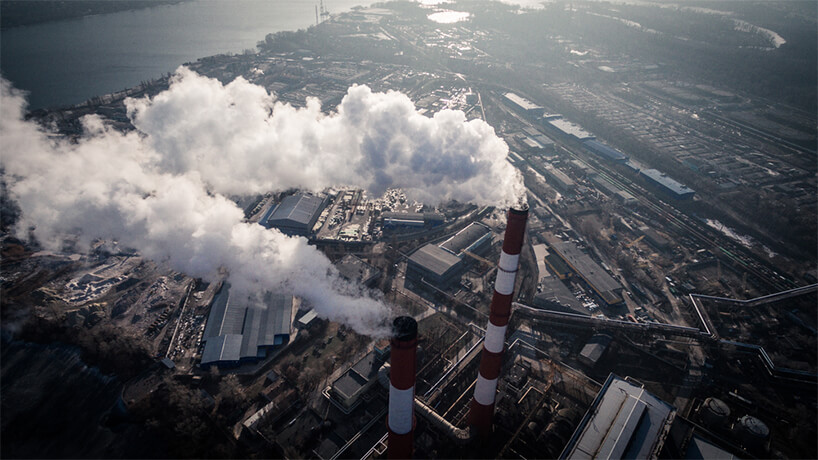Could air pollution levels become a deciding factor in event destination choice?
Nine out of 10 people on the planet breathe polluted air, according to the World Health Organization, and a study published by PNAS examines how chronic exposure to high levels of air pollution may cause a decline in cognitive ability as people age. With delegates’ emphasis on health and well-being increasing, will concern over air-pollution affect the meetings industry? Could delegates refuse to visit highly polluted cities?
Those are questions being batted about in the events industry media. But it’s not just air pollution that could become a deciding factor in determining an event’s location.
As Tokyo gears up for the 2020 Summer Olympic Games, questions about severe climates and their impact on event participants and attendees have been raised.

Shawna McKinley3
Event sustainability consultant Shawna McKinley told Communique Asia Pacific recently that Tokyo’s planning strategy, including a “focus on climate change — is currently being tested by athletes and media who are asking if organisers are prepared to deal with heat waves [like those] that have contributed to 138 deaths and more than 70,000 hospitalisations in Japan since April.
“Some of their questions are looking at whether organisers are doing enough to protect athletes from the health risks associated with competing in intense heat and humidity and how spectators are being protected,” she said.
More fundamentally, McKinley added, in an era when severe weather and climate change increasingly complicate mega-event organisation, questions are being raised about whether the International Olympic Committee should apply more scrutiny to a host city’s suitability from a climate/severe weather perspective before a destination is selected.

